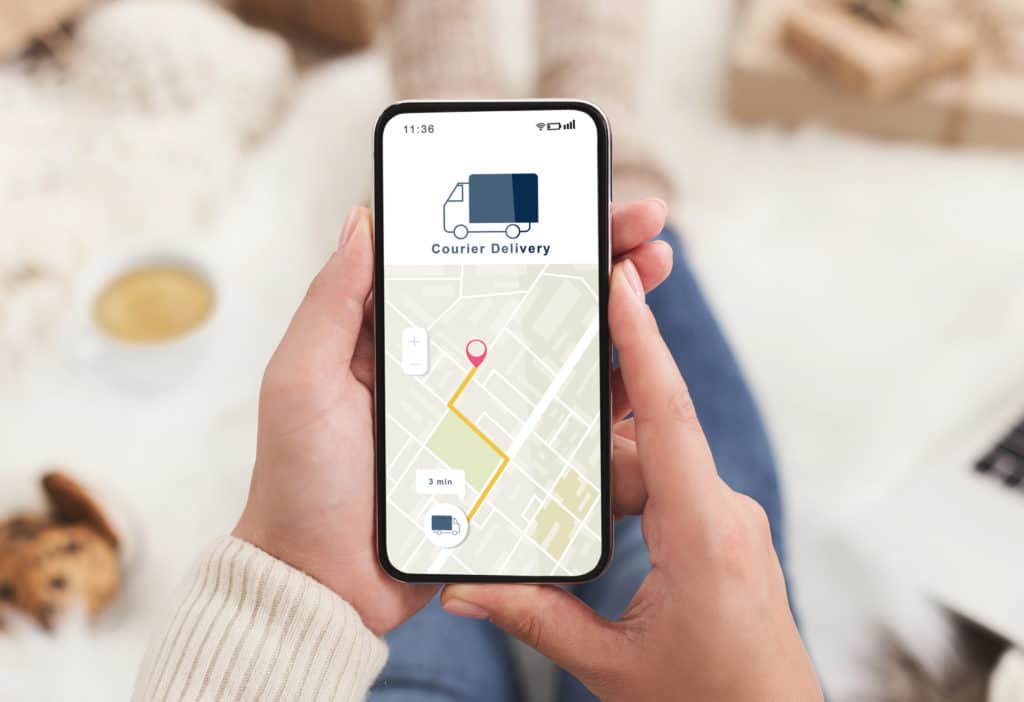
Making the Last Mile More Sustainable, But Customer Service is Still King
Max-Henri Bailly [ IT ]
Making the Last Mile More Sustainable, But Customer Service is Still King
Max-Henri Bailly [ IT ]

Sustainability in the Last Mile: What Our Customers Are Really Prioritizing in 2025
We recently surveyed Wise Systems customers and prospects to better understand how sustainability fits into their evolving priorities — and how we can support them in achieving real, measurable impact.
The results? Sustainability remains a long-term objective for many organizations, but today’s last-mile leaders are laser-focused on what matters most right now: exceptional customer service.
Customer Experience Still Comes First
When asked to rank their top operational priorities, respondents overwhelmingly rated customer service highest, with an average score of 7.43 out of 10 — ahead of cost savings, sustainability, and other long-term goals.
In other words, while decarbonization and ESG targets are on the radar, delivering accurate, reliable service remains the daily mission. In an era of next-day expectations and shrinking delivery windows, it’s no surprise that winning and retaining customers still takes precedence.
What This Means for Last-Mile Strategy
This insight reinforces what we see every day: the companies that are thriving in 2025 are those that strike a balance — improving sustainability without sacrificing service or efficiency. That’s where smart, machine learning-driven route optimization plays a critical role.
At Wise Systems, we design our solutions with that balance in mind. Our platform helps customers:
-
Reduce emissions by optimizing route distances and reducing idle time
-
Improve on-time performance with dynamic routing and accurate ETAs
-
Balance cost, efficiency, and sustainability through scenario modeling and strategic planning tools
Sustainability doesn’t have to come at the cost of service. In fact, the smartest operations are proving that both can be achieved — together.
Stay tuned as we share more findings from our research and show how forward-thinking last-mile teams are turning sustainability goals into operational reality.

Last-Mile Sustainability and Supply Chain Logistics Survey
In the question on business priorities, two issues related to customer service were tied for second — on-time deliveries and driver recruitment and retention. Cost savings was a close third, followed by scaling operations to accommodate growth. Sustainability was ranked fifth as an overall priority. We believe this is because teams in the last-mile delivery space must focus on more pressing issues as their top priorities. Companies believe that their sustainability efforts will reap benefits – including reduced carbon footprint, improved brand perception, and increased ROI – but see it as a longer-term goal.
Who is Responsible for Sustainability?
While most of the respondents to our survey agree that sustainability is important to their business, only 28% of respondents said they were directly involved with sustainability initiatives. This contrast illustrates the opportunity to incorporate more team members into sustainability initiatives in order to make consistent progress towards their goals.
Interestingly, 53% said they were involved in implementing next-generation technologies, such as AI, ML, and cloud-based software. Since these technologies can help support sustainability initiatives across the company, it makes sense to take an integrated approach with a greater company-wide focus on sustainability. When last-mile transport companies use multiple measures that are tied to their business priorities, they are more likely to make progress toward their goals.
A Practical Approach to Sustainability For Fleet Managers
Last-mile delivery companies need to embrace a path to sustainability that is practical and aligned with their business priorities. In addition, in a recent article on Supply Chain Sustainability, Oracle NetSuite recommends that sustainability be built in as an integral foundation of companies’ supply chains. They’ve found that with that approach, environmental stewardship is more likely to happen.
The win-win is that leveraging data and analytics in next-generation dispatch and routing platforms helps businesses gain deeper visibility into their supply chains and provides transparency. At Wise Systems, our AI and machine learning technologies can help customers on their paths to carbon neutrality. With the efficiencies driven by our dynamic routing platform, we help our customers to decrease fleet miles driven and can reduce the number of vehicles on the road, as well, supporting sustainability efforts in an integrated way.
Read our press release on the Sustainability survey.
Watch this video to learn how Wise Systems is helping to mitigate the environmental impact of last-mile delivery fleets.





